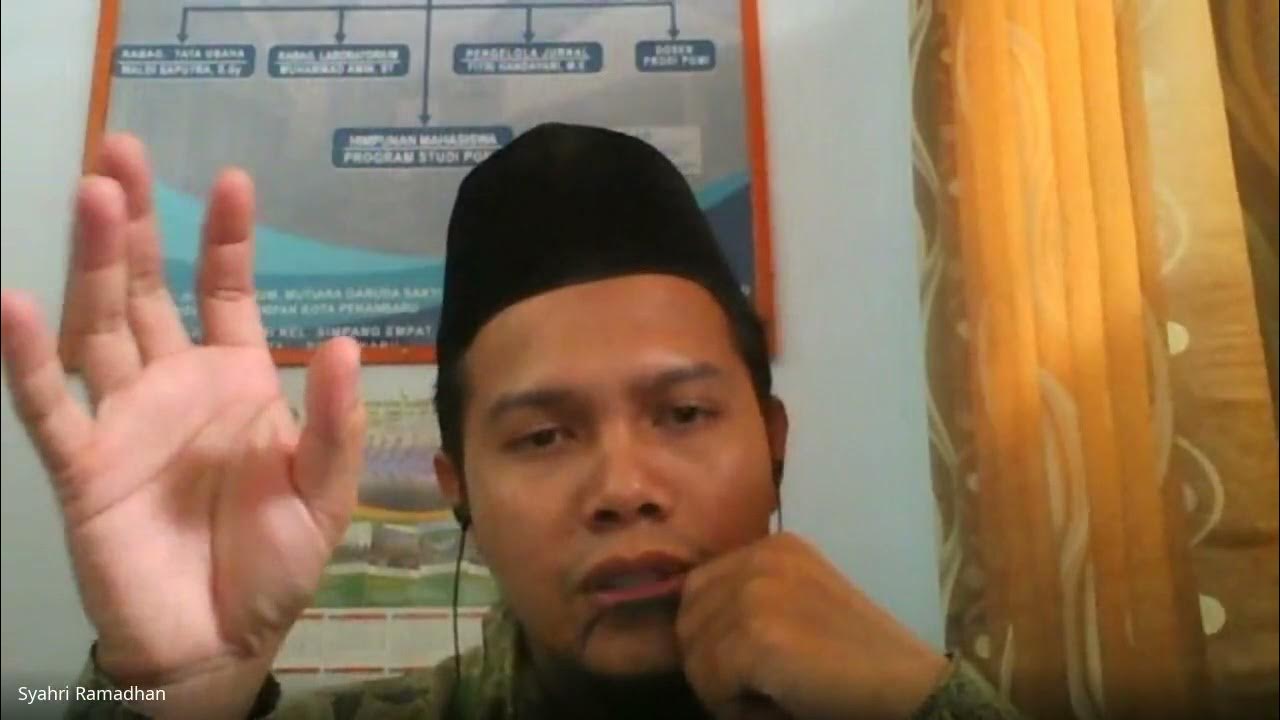Milestones 37
Summary
TLDRThis script delves into the integral role of assessment in early childhood education. It emphasizes that teachers continually evaluate children's knowledge, interests, and interactions, using this insight to inform their teaching strategies. The importance of both formal and informal assessment strategies is highlighted, with a focus on creating a supportive community for educators to discuss authentic assessment practices. The goal is to provide a comprehensive understanding of each child's development to make informed decisions about their educational needs.
Takeaways
- 📝 Teachers constantly make assessments in the classroom by observing children's knowledge, interests, and interactions with peers, using this information to plan their teaching strategies.
- 🔍 The assessment process involves the use of specific tests and skill profiles, which may require specialized training to implement effectively.
- ⏰ Teachers can utilize downtime, such as nap time, to document their observations and assessments, which helps in maintaining a record of each child's progress.
- 👶 Developmental assessments are crucial for understanding the child's cognitive growth and emotional and social development, which are essential for designing instructional programs.
- 📈 Assessments can be both targeted to identify specific skills or developmental milestones and ongoing to provide a comprehensive picture of a child's growth over time.
- 🌟 It's important for teachers to be part of a supportive community where they can discuss and refine their assessment practices with colleagues.
- 📚 Informal assessment strategies are integrated into daily teaching and include brief jottings, running records, and anecdotal records.
- 📊 Formal assessments are more specialized and used periodically, such as child development screenings, to ensure typical development progress.
- 🔑 The key to effective assessment is making it a regular part of the curriculum and viewing it as integral to the success of teaching and learning.
- 💡 Assessments help in identifying the best environment and challenges to support a child's growth and development, which is a collaborative effort between teachers and the community.
- 🤔 Teachers should consider how to make assessment a manageable part of their daily routine, such as setting aside specific times or using available moments like rest periods for documentation.
Q & A
What is the primary role of teachers in the assessment process?
-Teachers make assessments by observing children in the classroom, judging their knowledge, interests, and interactions, and planning educational programs based on these observations.
How do teachers use their knowledge in the assessment process?
-Teachers use their understanding of child development, pedagogy, and classroom environment to inform their assessments and interactions with children.
What are some specific tools or tests that might be used in assessments?
-Teachers may use particular skill profiles or tests that require specific training to implement effectively.
How can teachers find time to document their assessments during a busy day?
-Teachers can utilize rest or nap times, set aside 10 minutes daily, or come in early to jot down notes and documentation.
Why is it important to collect snapshots of a child's development over time?
-Collecting snapshots over time provides a cohesive and complete picture of a child's development, allowing for informed decisions and evaluations of educational strategies.
How does understanding a child's individual needs impact the assessment process?
-Understanding individual needs helps in tailoring the educational environment and challenges to support the child's growth and development effectively.
What is the significance of assessing a child's attitudes and preferences in addition to cognitive growth?
-Assessing attitudes, dispositions, and preferences is crucial for designing instructional programs that cater to the holistic development of young children.
What is the role of a supportive community in the context of teacher assessments?
-A supportive community allows teachers to discuss and refine their assessment strategies, which is essential for improving educational practices.
What is the difference between formal and informal assessment strategies?
-Formal assessments involve specialized instruments used periodically, while informal assessments are daily practices interwoven within effective teaching.
How often should formal assessments be conducted for different age groups according to the script?
-Formal child development screenings and assessments should be done four times a year for infants and toddlers, and twice a year for preschoolers.
Why is it essential for assessment to be integrated across the curriculum?
-Integrating assessment across the curriculum ensures it is a regular part of teaching, contributing to the success and adaptability of the educational program.
Outlines

هذا القسم متوفر فقط للمشتركين. يرجى الترقية للوصول إلى هذه الميزة.
قم بالترقية الآنMindmap

هذا القسم متوفر فقط للمشتركين. يرجى الترقية للوصول إلى هذه الميزة.
قم بالترقية الآنKeywords

هذا القسم متوفر فقط للمشتركين. يرجى الترقية للوصول إلى هذه الميزة.
قم بالترقية الآنHighlights

هذا القسم متوفر فقط للمشتركين. يرجى الترقية للوصول إلى هذه الميزة.
قم بالترقية الآنTranscripts

هذا القسم متوفر فقط للمشتركين. يرجى الترقية للوصول إلى هذه الميزة.
قم بالترقية الآنتصفح المزيد من مقاطع الفيديو ذات الصلة
5.0 / 5 (0 votes)






